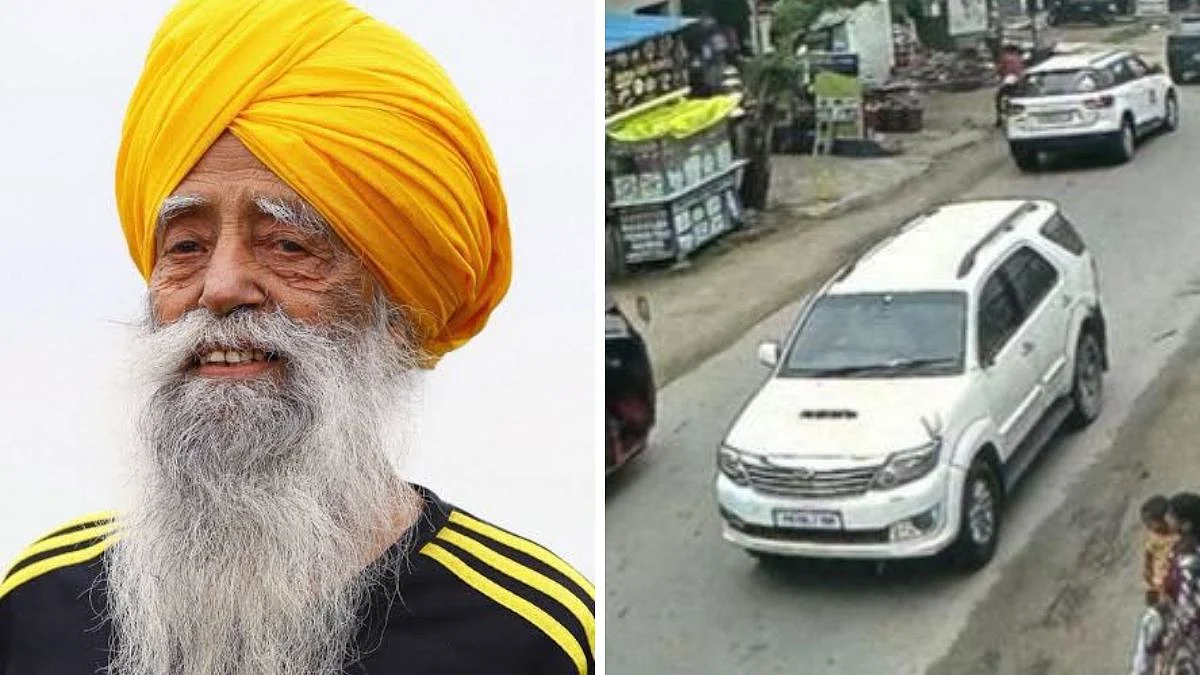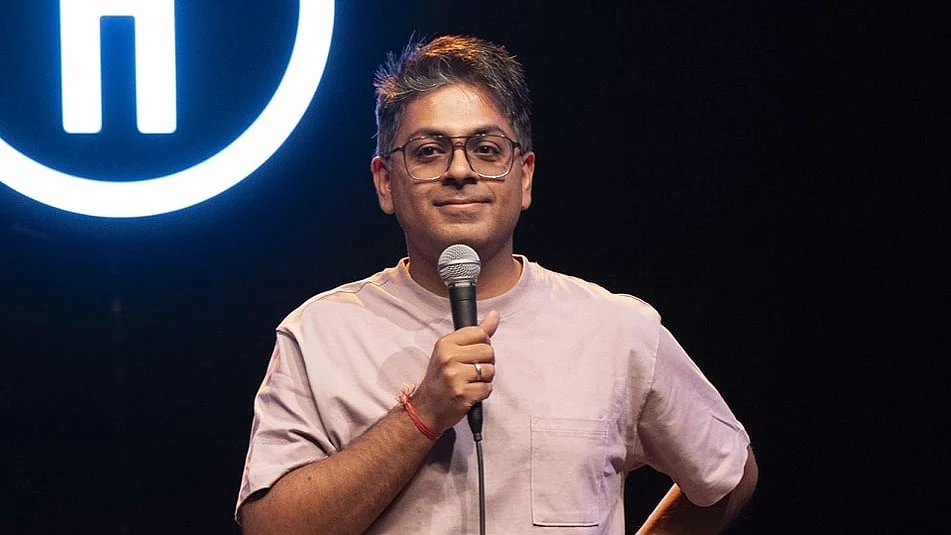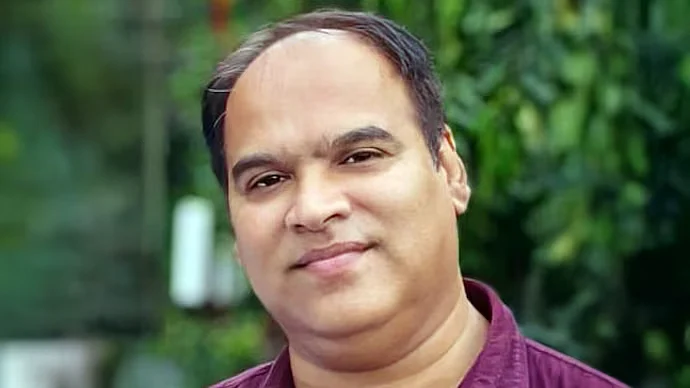It did not redound to the credit of the Jammu and Kashmir administration to place political leaders, including Chief Minister Omar Abdullah, under house arrest on Martyrs’ Day, July 13. The day holds deep emotional and historical significance for Kashmiris, commemorating the 22 protesters gunned down by the Dogra Army outside the Srinagar jail in 1931. Their sacrifice is seen as the beginning of democratic awakening in the region. The administration’s attempt to suppress tributes to these martyrs only served to alienate the public further and damage the image of a government supposedly steering the region towards normalcy. Ironically, there were no restrictions the following day, and Omar Abdullah, along with other leaders, walked to the Mazar-e-Shuhada to pay homage to the martyrs. By no stretch of the imagination could it be called an act of crime. Yet, they were prevented from entering the site as the gates remained shut.
In a moment both symbolic and revealing, Abdullah scaled the cemetery wall, forcing officials to open the gates. The heavens did not fall, and no violence erupted—proving that the administration’s fears, and perhaps its motives, were unfounded. This clumsy act of obstruction exposed the underlying friction between the elected representatives of Kashmir and the unelected administrators imposed by New Delhi. Abdullah rightly recalled the late BJP leader Arun Jaitley’s words: the tyranny of the unelected over the elected. The contrast could not be sharper. The lieutenant governor is a centre-appointed bureaucrat. Abdullah, on the other hand, is the Chief Minister—chosen by the people over 10 months ago.

Martyrs’ Day was once a public holiday in J&K, as was December 5, the birthday of Sheikh Abdullah, a key architect of Kashmir’s democratic journey and its accession to India. By scrapping these holidays and instead declaring Maharaja Hari Singh’s birthday as an official holiday, the administration has sent a deeply polarising message. The martyrs of 1931 resisted tyranny. The Maharaja symbolised that tyranny. This move has hurt the collective sentiment of the people and inflamed old wounds. If the aim is genuine normalisation, then symbolic gestures matter. Denying access to a graveyard, arresting local leaders, and rewriting the region’s commemorative calendar are steps backward. They signal mistrust, not reconciliation. To make matters worse, the administration has failed to apprehend the terrorists behind the gruesome massacre of tourists in the Baisaran Valley. If such attacks continue unchecked while elected leaders are confined to their homes, the message is clear: priorities are misplaced. The path to peace lies not in the suppression of history or the muzzling of democratic voices but in the restoration of full statehood and the empowerment of its people. Only then can Jammu and Kashmir truly move forward.










